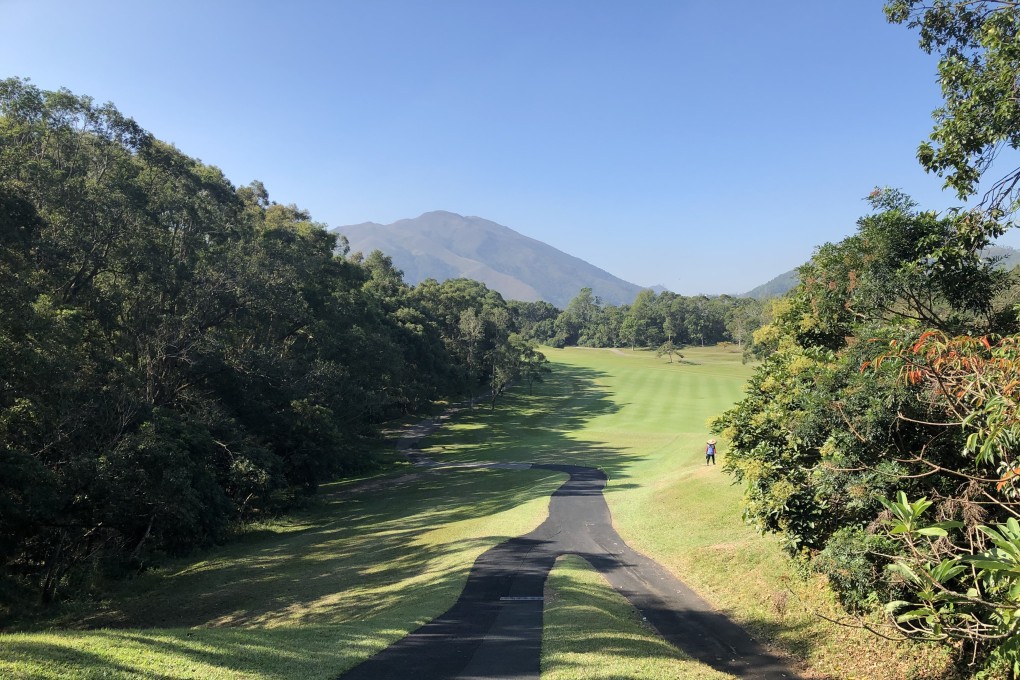Advertisement
Letters | If Fanling golf course is too precious to build on, let everyone enjoy it
- While the course may have ecological value, very few of us – save a handful of golfers and business associates – get to fully enjoy it
- Either develop the land to quickly to ease our city’s dire housing shortage, or open the course fully to the public so we may all benefit from it
Reading Time:2 minutes
Why you can trust SCMP
19

Feel strongly about this letter, or any other aspects of the news? Share your views by emailing us your Letter to the Editor at letters@scmp.com or filling in this Google form. Submissions should not exceed 400 words, and must include your full name and address, plus a phone number for verification.
I write in response to your columnist’s objection to the proposal to use part of the Fanling golf course to provide public housing (“Don’t let Hong Kong’s need for speed on housing crisis wreck Fanling golf course”, June 4).
As he pointed out, building on the golf course would be practically much faster than alternatives such as using brownfield sites, or other options identified in the December 2018 report of the government’s Task Force on Land Supply.
I wrote to the Post in 2019 supporting the use of the Fanling golf course for public housing. Indeed, the arguments for and against developing the land have not stopped since the land supply report was published.
Your columnist is spot on in highlighting the procrastination of the Hong Kong government in tackling the city’s housing problems.
But integrating the golf course into the Northern Metropolis project is not the way forward. Keeping the golf course intact would add no new public flats to the housing market in the short term.
Advertisement